Microsoft headset to help blind people navigate new areas
Microsoft has unveiled a headset designed to help the visually impaired find their way around new areas
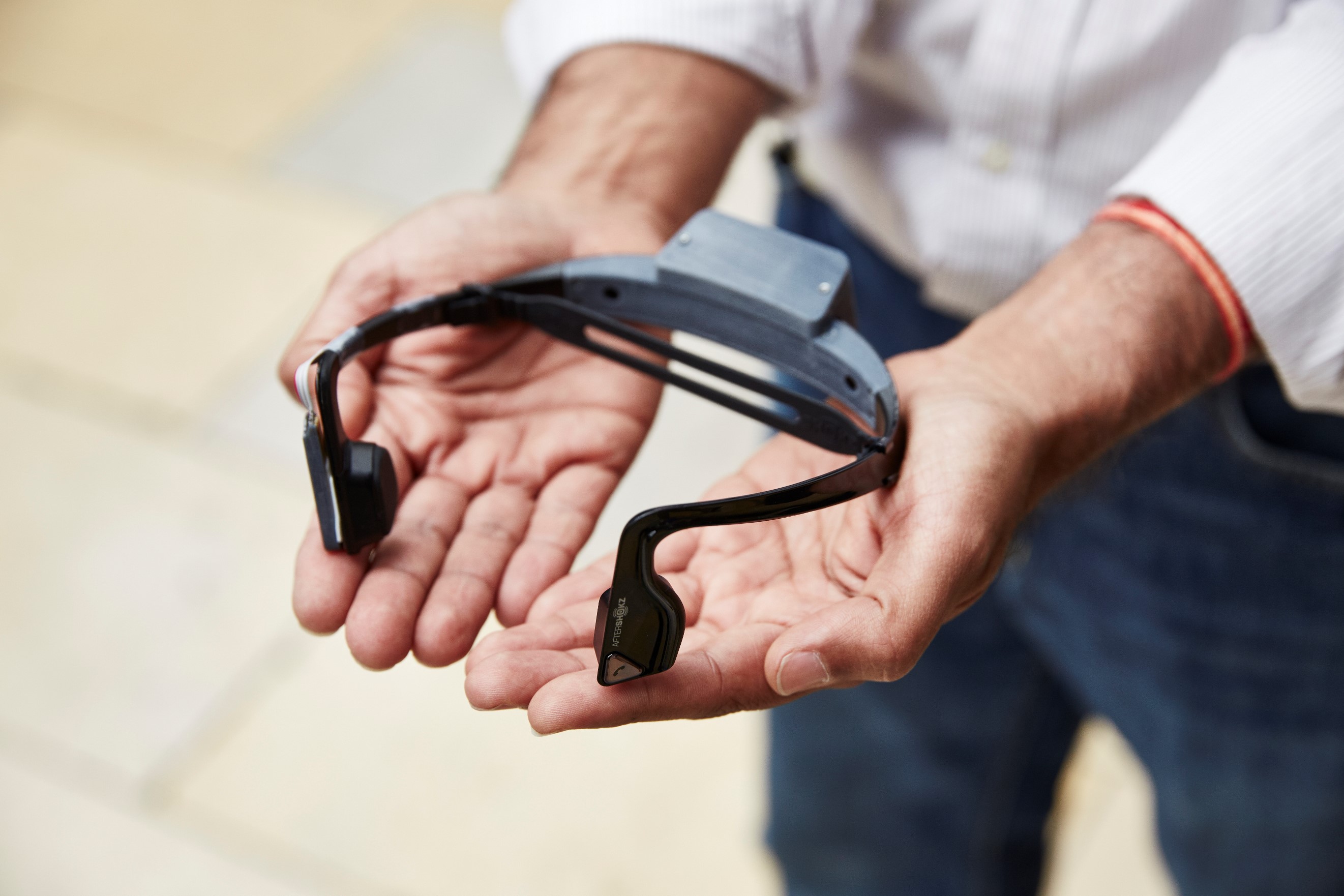

Microsoft, Guide Dogs and the Future Cities Catapult have developed an innovative headset that can work with Windows Phone to help visually impaired people navigate new spaces.
Specifically designed with complex urban areas in mind, the device uses location data to describe routes to users using information transmitted audibly, says a blog post on the Guide Dogs website. The sound is conducted via the jawbone, and doesn't interfere with natural noise from the wearer's environment.
Amos Miller, director of enterprise strategy for Microsoft Asia, who has suffered some sight loss, said: "We have built a means to help people create a mental map in real time. By painting a picture of the world through sound, similarly to how a lighthouse guides with light, we can remove much of the fear of new journeys and improve those which people are already familiar with."
The device has so far been tested on the route between Reading and London, a journey which involved walking, bus travel, train travel and shopping. Of the participants, 62 per cent said they felt safer, more resilient and more confident.
It is hoped the project will bring other organisations and local authorities in the UK on board for the future, allowing more people access to the resulting device.
Peter Madden, CEO of Future Cities Catapult, said: "The UK can be a world leader in using technology and data to make cities better. This will not only improve quality of life for those of us that live in cities better.
"This collaboration shows just what we can do if we get the right mix of people together, really work to understand people's needs, and then harness the very latest technology to find answers."
Get the ITPro daily newsletter
Sign up today and you will receive a free copy of our Future Focus 2025 report - the leading guidance on AI, cybersecurity and other IT challenges as per 700+ senior executives
The device could help the visually impaired regain independence, as well as get some of the 67 per cent of people living with sight loss who are unemployed back to work.
Jenny Cook, head of strategy and research at Guide Dogs, said: "People living with sight loss face a multitude of challenges every day that can prevent them from getting where they want to be in life.
"Currently, visiting a new city is often daunting, even for people with enough confidence to tackle the challenge independently. For others, who rarely leave home alone, the thought of an unfamiliar journey leaves them stressed and anxious and visiting a new area is an impossible dream."
Caroline has been writing about technology for more than a decade, switching between consumer smart home news and reviews and in-depth B2B industry coverage. In addition to her work for IT Pro and Cloud Pro, she has contributed to a number of titles including Expert Reviews, TechRadar, The Week and many more. She is currently the smart home editor across Future Publishing's homes titles.
You can get in touch with Caroline via email at caroline.preece@futurenet.com.
-
 Should AI PCs be part of your next hardware refresh?
Should AI PCs be part of your next hardware refresh?AI PCs are fast becoming a business staple and a surefire way to future-proof your business
By Bobby Hellard Published
-
 Westcon-Comstor and Vectra AI launch brace of new channel initiatives
Westcon-Comstor and Vectra AI launch brace of new channel initiativesNews Westcon-Comstor and Vectra AI have announced the launch of two new channel growth initiatives focused on the managed security service provider (MSSP) space and AWS Marketplace.
By Daniel Todd Published
-
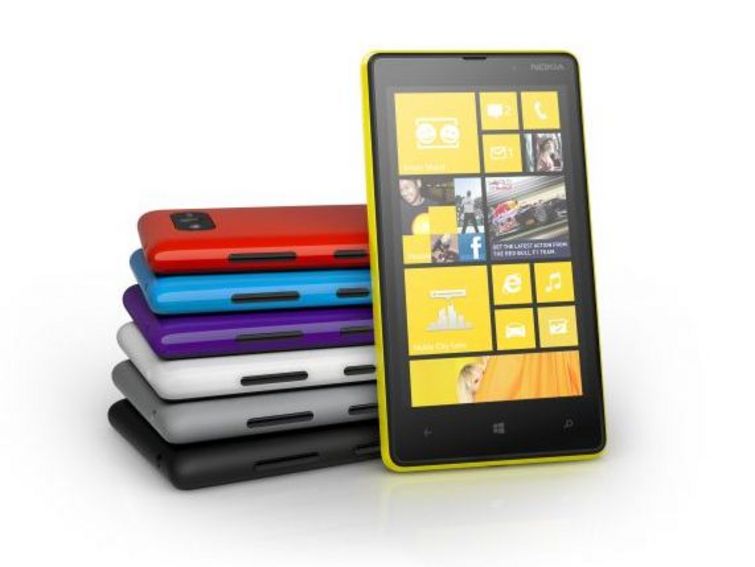 Best Windows Phone apps for 2018
Best Windows Phone apps for 2018Best We list the important Windows Phone apps to help you choose what to download
By Rene Millman Published
-
 RIP Windows Phone: Microsoft ends support for its dying OS
RIP Windows Phone: Microsoft ends support for its dying OSNews Windows Phone 8.1's support finished yesterday - will Windows 10 Mobile last much longer?
By Alan Martin Published
-
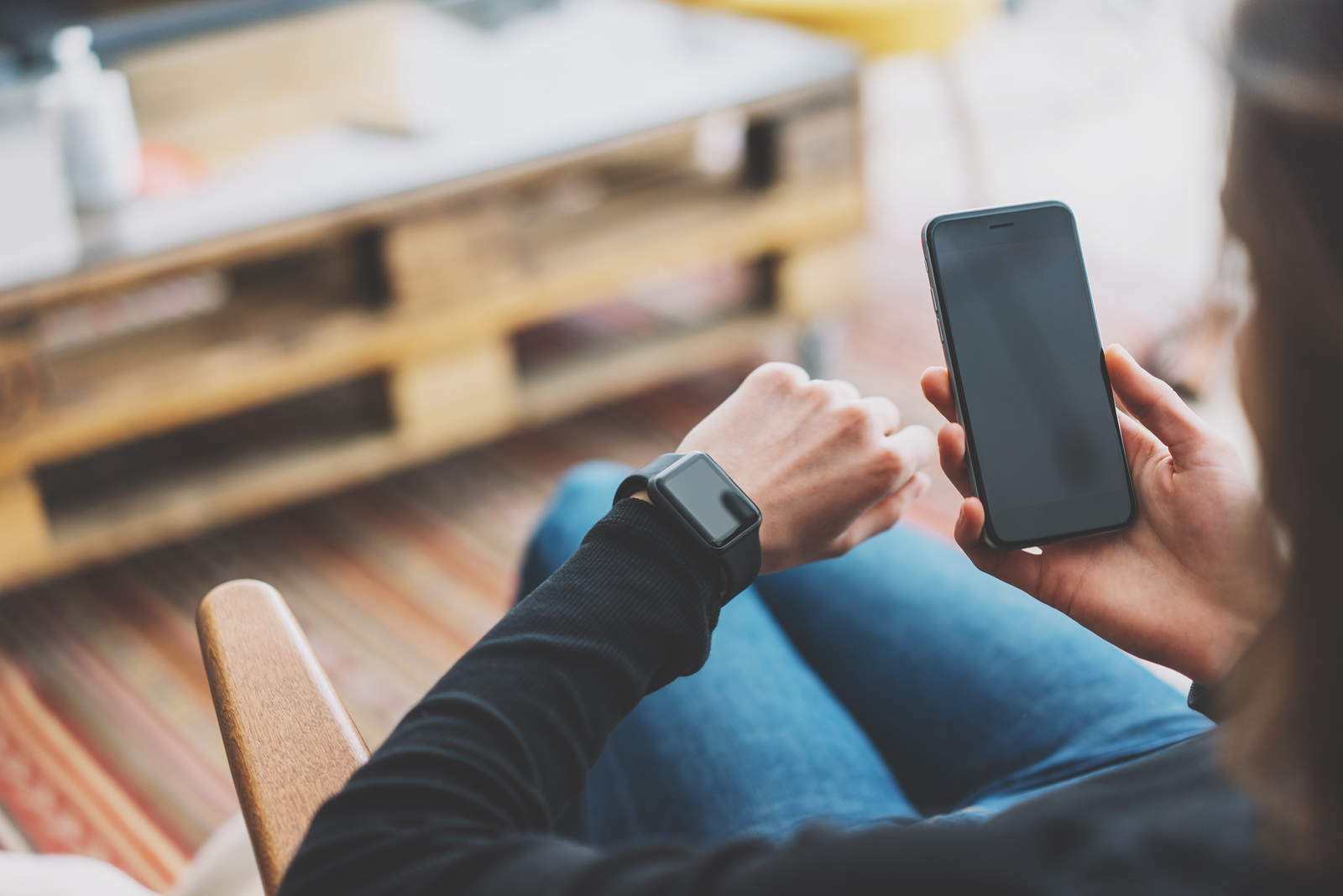 Wearables: First Windows 10 smartwatch is on its way, and it means business
Wearables: First Windows 10 smartwatch is on its way, and it means businessNews Specs are hard to come by, but we know it will be built on Microsoft's Windows 10 IoT OS
By Dale Walker Published
-
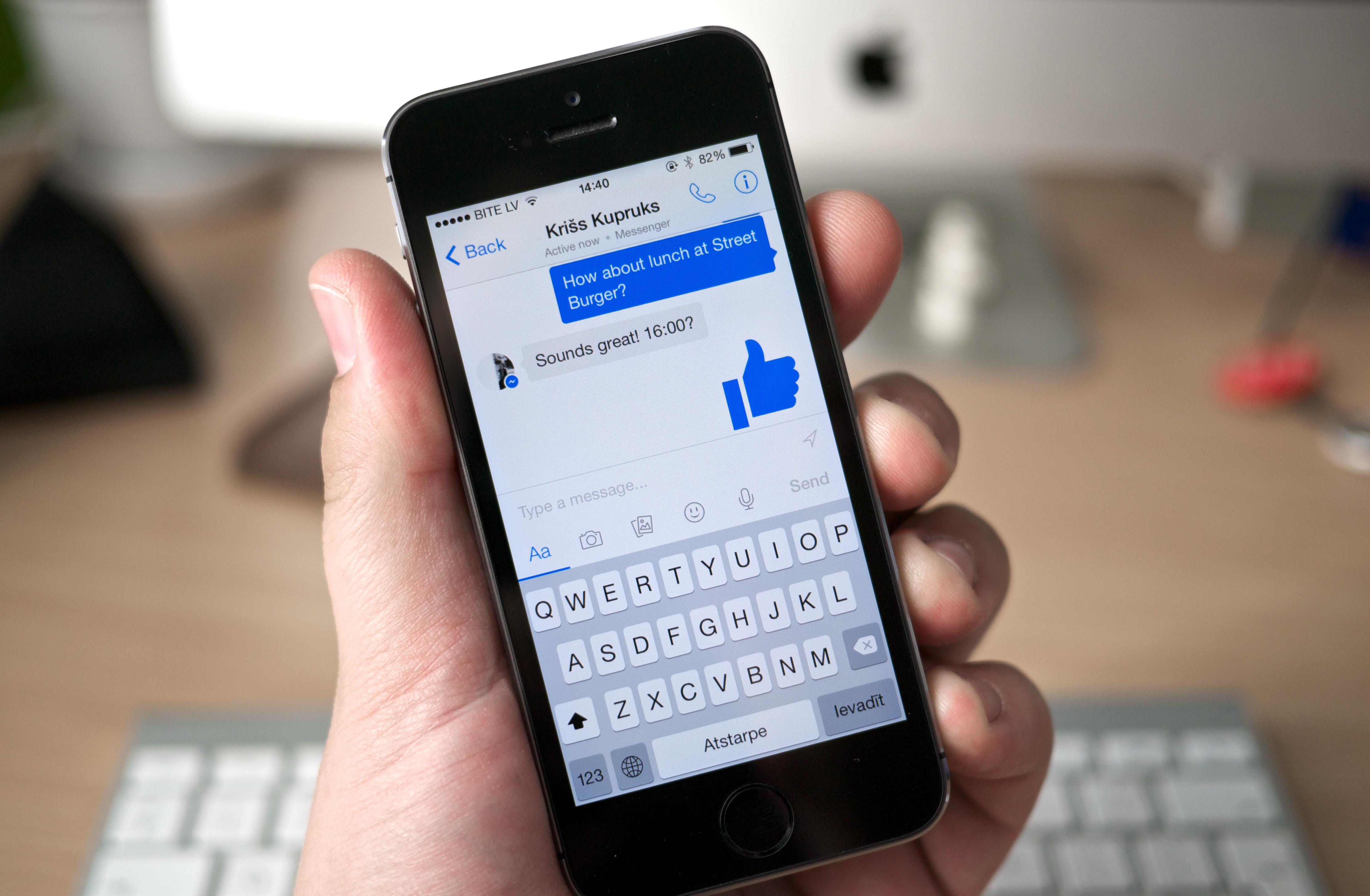 Facebook messenger not working? Your phone might be too old
Facebook messenger not working? Your phone might be too oldNews Certain smartphone users will no longer be able to access their Facebook messages
By Kylie Marshall Published
-
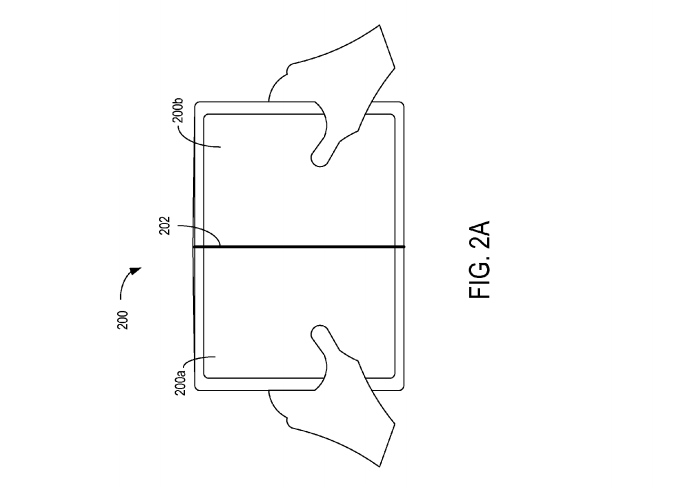 Microsoft patents a foldable Surface phone
Microsoft patents a foldable Surface phoneNews Will Microsoft build a Surface flip phone?
By Kylie Marshall Published
-
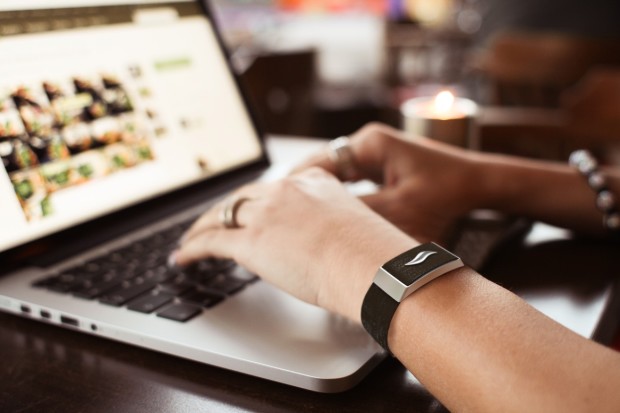 The best wearable devices for business
The best wearable devices for businessBest The best lightweight devices to help you stay productive during a busy workday
By Dale Walker Published
-
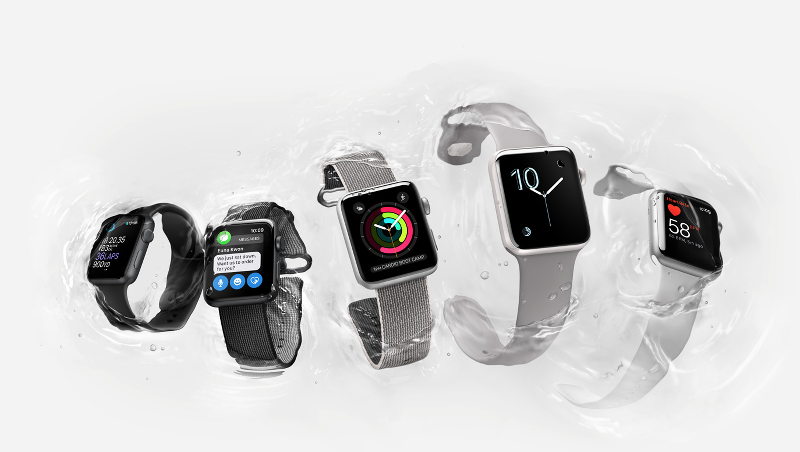 Apple Watch Series 2 review: First look
Apple Watch Series 2 review: First lookFirst look If you waited for the second generation, you haven't wasted your time
By Jane McCallion Published
-
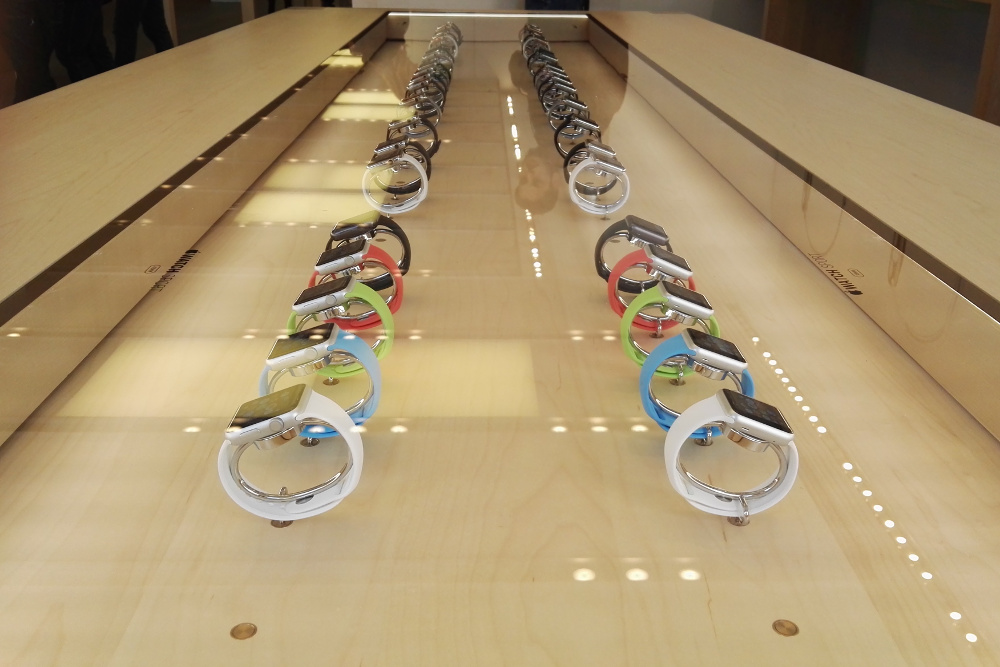 Apple watchOS 3 release date and features: watchOS 3 update available on 13 September
Apple watchOS 3 release date and features: watchOS 3 update available on 13 SeptemberRumours watchOS 3 can be downloaded from Tuesday next week
By Jane McCallion Published